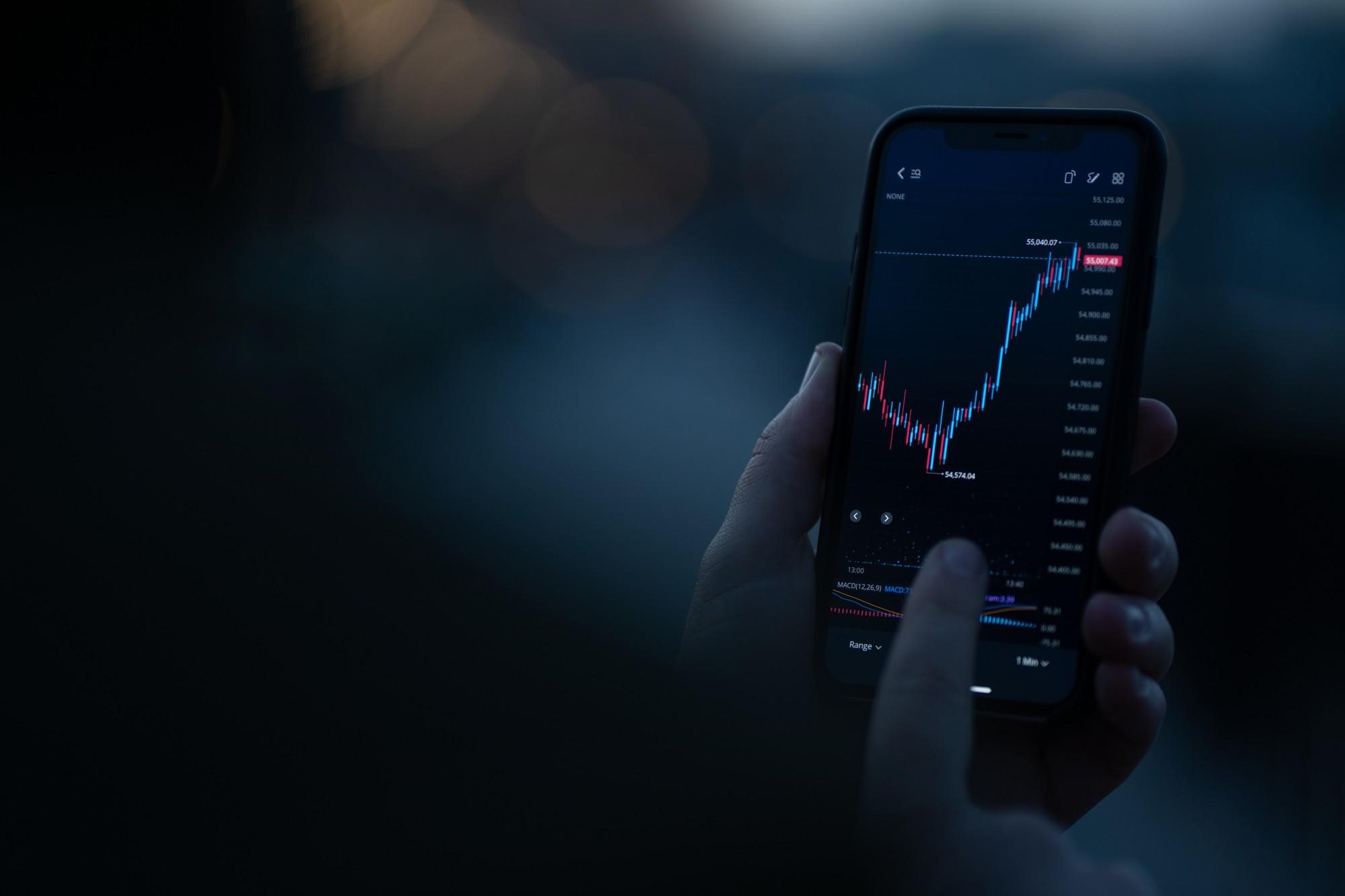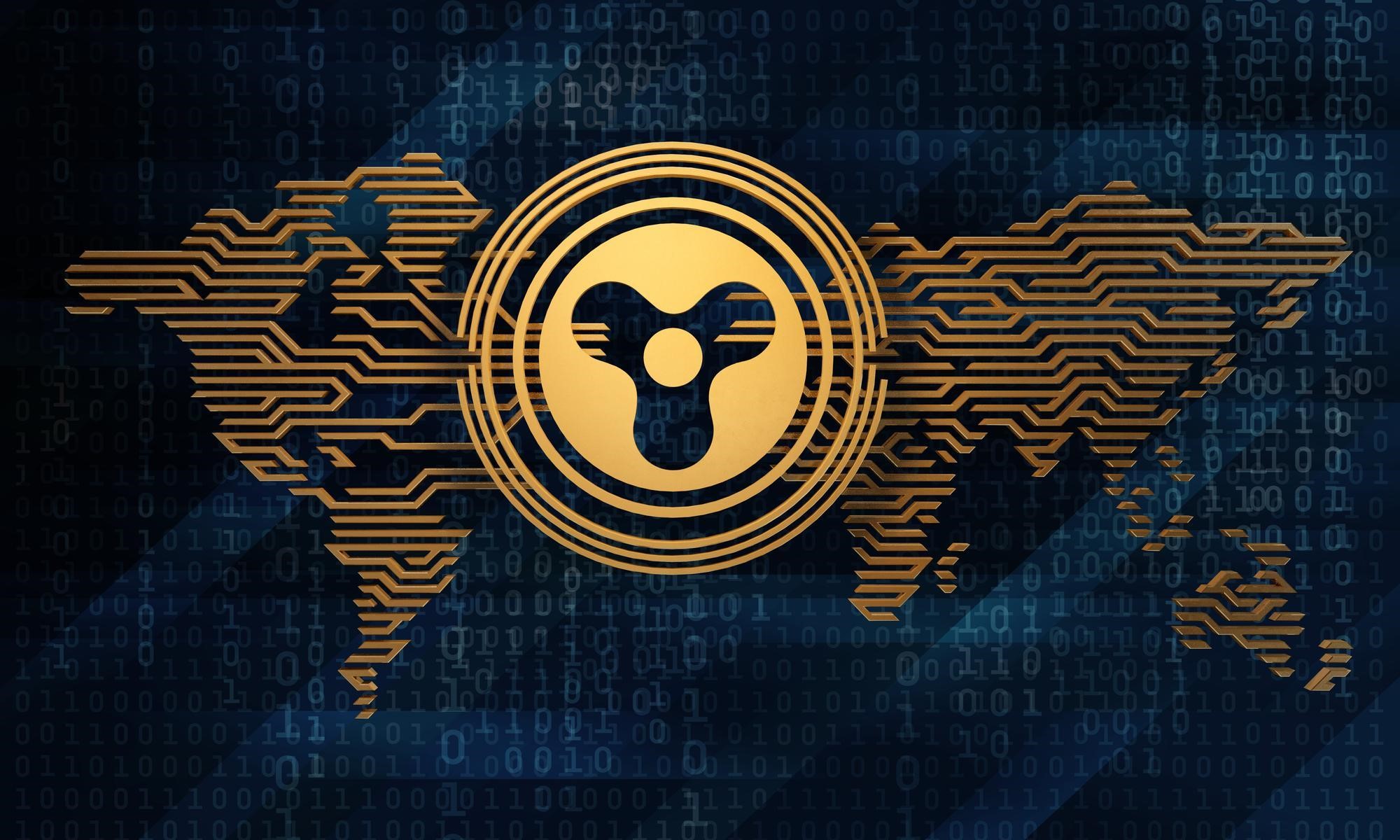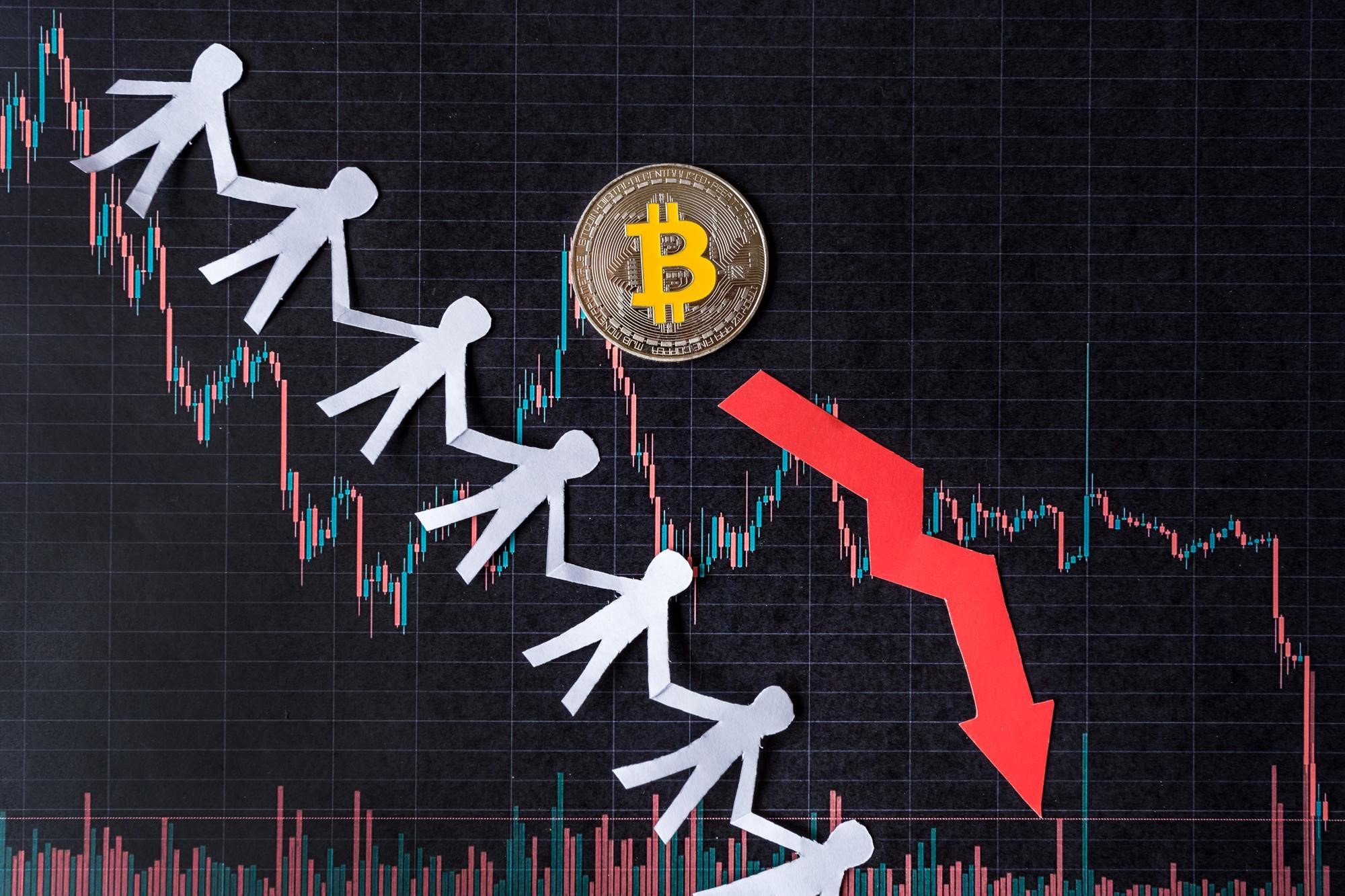
Best Applications For Trading Cryptocurrencies

Crypto Name
Current Price
1hr
24hr
7d
30d
 Ethereum (eth)
Ethereum (eth)$1,832.74
↑ 0.21%
↑ 0.00%
↓ -1.80%
↓ -1.33%
Some of the apps below are typical phone trading apps, some are general financial apps, and some are crypto exchanges. So you can get an idea of what each app is about, we’ve listed the price and how many coins you can trade with it.
If you only want to trade Bitcoin, the biggest cryptocurrency, it might not make sense to use an app that lets you trade dozens of others. Conversely, if you want to trade whatever is popular now, you might want to use an app with more options.
Robinhood
Robinhood is known for its easy-to-use trading app for stocks, options, and exchange-traded funds (ETFs), but it has also started trading in cryptocurrencies. Plus, it brings its no-fee structure to the world of cryptocurrencies.
Even though it seems like free trading, Robinhood charges a spread markup instead of a direct commission. This means that the costs are built into a coin’s price when bought or sold. With Robinhood’s instant transfer feature, you can start almost immediately, so you must download and go.
Webull
Webull isn’t the most popular trading app, but it seems to have more features than Robinhood. Webull, like its well-known competitor, lets you free trade stocks, options, ETFs, and cryptocurrencies.
Webull’s crypto trades are also based on a spread markup, so your cost is built into the trade. You can also trade Cardano and a few other coins that you can’t do on Robinhood.
eToro
All that eToro does is cryptocurrency trade. At eToro, you’ll have access to 32 cryptocurrencies, including Tezos, Uniswap, and Polygon, which you won’t normally find on brokerage apps.
The app doesn’t charge a direct commission. Instead, it charges a spread markup, ranging from 0.75 percent for Bitcoin to a hefty 5 percent for other cryptocurrencies.
CashApp
CashApp might not be the first thing that comes to mind when you think of cryptocurrencies. More people know about the app’s cash management account or that it can trade stocks and ETFs. But it also lets you trade cryptocurrency, though only Bitcoin.
CashApp charges a “minimal fee” for trading Bitcoin, which it will reveal before you conduct the deal. Users may transmit Bitcoin to one another for free. The spread markup is on top of this. It doesn’t say what its exact fees are, which is bad.
PayPal
Like CashApp, you might already have PayPal on your phone. If you do, you could be using cryptocurrency in seconds. You won’t be able to pay other people with crypto or send it to them, but you can trade it. PayPal adds a spread markup to its trades and charges a fee for each transaction.
The fee initiates at 50 cents for trades worth less than $25 and goes down to as low as 1.5% for trades worth more than $1,000. The fee structure for PayPal is easy to see, which is helpful. The sister app Venmo to PayPal does the same things on the same terms.
Coinbase
Coinbase is a specialized exchange for digital currencies that lets you trade 107 of them at the time of this writing. Most of the top coins, like Bitcoin, are in that range, so you should be able to find something you like. But how much do you have to pay to use the basic service? Coinbase has made it harder to find out how much you’ll pay to trade by hiding the fee structure on its website.
When it was clear, the fee structure was hard to understand. You would pay a spread markup of about 0.5 percent and a transaction fee that depended on the transaction’s size and the money’s source. For Coinbase Pro, you’ll have to pay fees that start at 0.5 percent for trades worth less than $10,000 and go down to 0.15 percent for trades worth up to $100,000 and then go even lower.
Kraken
Kraken is another specialized cryptocurrency exchange that lets you trade many different coins, including the most popular ones and some that aren’t usually available on most financial apps, like Solana, Uniswap, Cardano, and more. In total, 91 cryptos can be traded on the exchange. Kraken’s service is not available to people in New York and Washington.
Kraken usually charges a 1.5 percent fee (or 0.9 percent for stablecoins). Still, a 3.75 percent fee plus 25 euro cents is added to debit and credit card transactions, and a 0.5 percent online banking processing fee can be added if you fund your account through a bank.
But if you use Kraken Pro, prices go down a lot. There, the fees start at a range of 0.16 to 0.26 percent for the lowest volume levels and go down to a range of 0 to 0.1 percent when the volume in the last 30 days was $10 million or more. Traders with a lot of money can also use margin trading, which gives them more buying power (and risk).
 How To Make Huge Profits In A Short Time With Crypto
How To Make Huge Profits In A Short Time With CryptoGet detailed training system that shows an absolute beginner (without any skill) how to make huge profits in a short time with crypto.
 Crypto + NFT Quick Start Course
Crypto + NFT Quick Start CourseThe #1 course for profit in the Crypto & NFT world - You will discover the secrets that 99% of people don’t know yet




